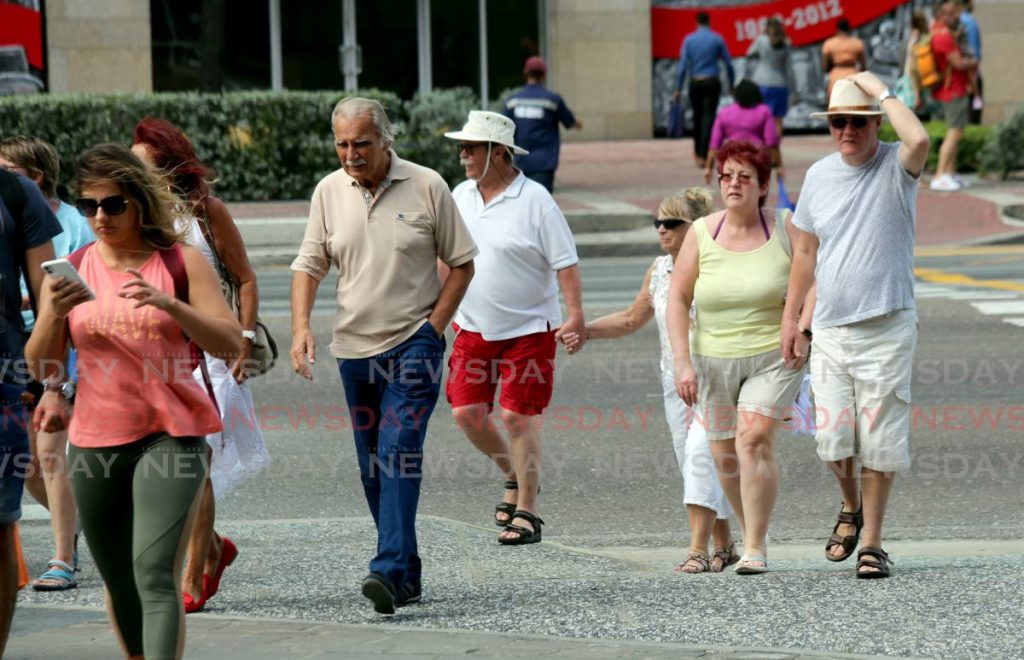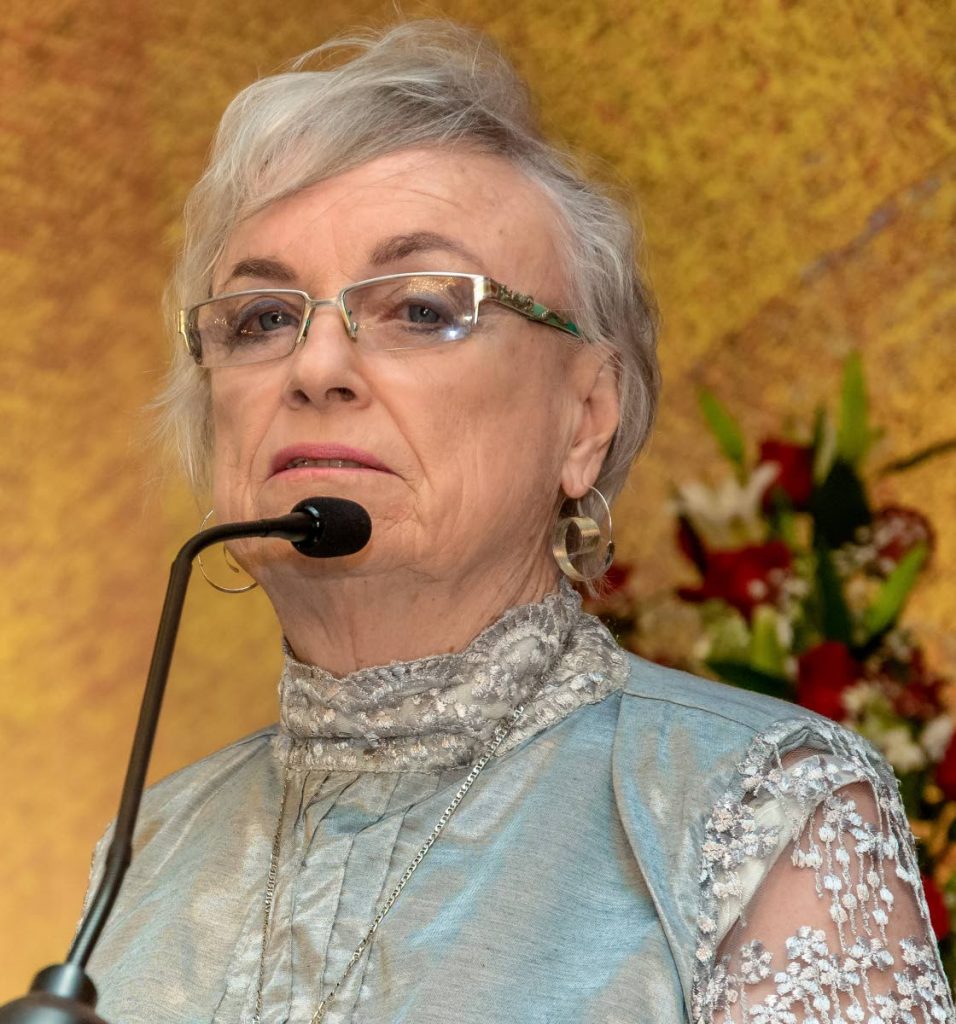Language and cultural orientation in tourism

DIANA MAHABIR-WYATT
Economic forecasts for the coming years are dim for TT.
Apparently, we have lost billions on building roads to nowhere to reach a port that does not exist, that no one wants, and that the economy cannot afford.
Methanol plants are closing as the US market is now producing its own more cheaply than TT can.
And because we have delayed the Gambling Bill for four years, the country has lost some $5 billion in taxes and gained a black-economy reputation for money laundering that attracts punters from countries whose names we cannot even pronounce properly.
According to the Tobago House of Assembly, tourist arrivals there went up by a whole nine per cent last year, almost justifying all those foreign trips made by their employees.
Maybe TT should get into that market in a serious way.
“Back in the day,” as my grandmother used to say, when we still had an energy sector, local companies looking for expertise used to bring experts and their families from abroad to work in TT, and we had to put on cultural orientation courses for entire families. They tried local dishes, listened to local music and shared experiences of ways in which they found Trinis different.
We learned as much from them as they learned from us, important things about cultural differences that, if we are to go seriously into the tourism business, which TT never has, we need to learn. (Have you seen the almost bare Grand Stand on Dimanche Gras, when we are boasting about “we culture” to people who have been to Las Vegas? Did you know that the stickfighting competition has been cancelled this year?)
Do you really think there is a snowball’s chance on the Red House weathervane that we could make a go of it?
Did you realise, for example, that it just may be that Trinis also need cultural orientation courses to teach us how to react to people from other countries when we encounter them at work? And tourism is work.
After all, we are all, all of us, every man, woman and child the hosts, and it is up to us to make them feel comfortable and welcome in our country.
In some Caribbean countries which take tourism seriously and earn foreign exchange thereby, school children are taught about welcoming tourists, and invite them to visit their schools to interact with the children. The tourists love it.
From small the children know how to show respect. Which some of our wicked ways do not encourage! Picong, for example. Well, we know about that one.
Did you realise, though, how unique a cultural characteristic it is that Trinis not only make a point of looking people in the eye in the morning and greeting them when they meet for the first time in a waiting room or corridor, but also acknowledge others, throughout the day, even when passing the same person in the same corridor for the third time?
We at least nod, or glance their way or smile. To do otherwise, in TT, is almost to deny that other person’s humanity. And we are quite likely, unconsciously to think that foreigners working here who don’t do the same to us are stuck-up and arrogant.
“No broughtupcy!” we mentally note, even though we smile or nod as they go unglancing by, and they have no idea what has caused the sudden coldness that we show.
Have you not noticed that, on a two-lane road slowed down by morning traffic we automatically look oncoming drivers full in the face?
It is not really being macocious. It is “displaying a healthy interest in our fellow human beings.” Not: “I wonder who else is in their car this morning?”
Another thing is how Trinis will say: “Sounds good” to: “Want to go for lunch later?” – but that doesn’t mean that we are saying “Yes.” It means, well, “Sounds good right now, and if it still sounds good at lunchtime I may show up.”
People adjust. There are cases of people from “away” who had once worked in TT having to pass through in transit at the airport years later, begging security guards, “Please, please let me just have one doubles?” until the guards get permission to take them out of the airport building to the doubles lady and they come back wreathed in smiles, clutching their precious little brown-paper parcels as though they have rediscovered youth.
The adjustment process may need a push on the part of wicked Trinis who have not trusted Americans since before Jean and Dinah stopped working for the Yankee dollar and Sparrow took over, and on the part of the poor bemused foreigner who can’t figure out what he did and what has a sparrow got to do with it anyway?
If and when our economy starts to attract foreign investment again, there are serious implications for industrial relations as well.
I once spent a morning in the Industrial Court listening to a case where an insubordinate employee was disciplined for steupsing at his supervisor when given a perfectly normal admonition about arriving to work half an hour late three days in a row.
“What kind of steups?” the canny judge enquired.
The worker demonstrated a dainty little suck-your-front teeth steups, to which the supervisor countered with a huge wet steups, the kind that twisted his right cheek way up around his right ear.
How do you translate that into English?

Diana Mahabir-Wyatt is a human resource management and industrial relations consultant. She is also a human rights advocate and has served as an independent senator.


Comments
"Language and cultural orientation in tourism"